Home / education / Odisha Govt Announces NEP-2020 Rollout in Higher E
Odisha Govt Announces NEP-2020 Rollout in Higher E
By: My India Times
3 minutes read 93Updated At: 2024-11-13
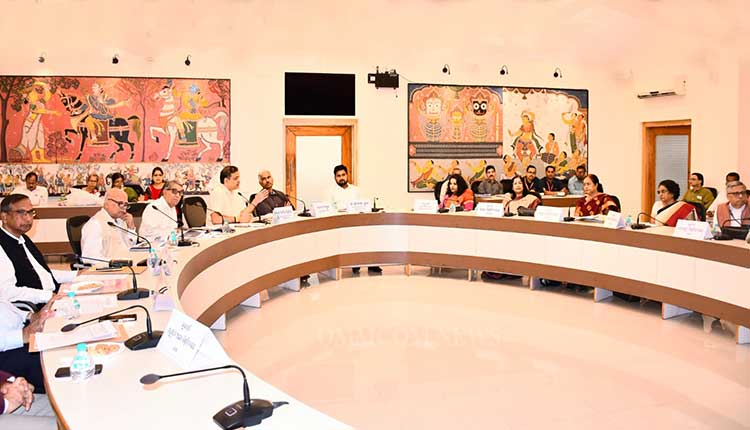
Bhubaneswar, November 13, 2024: In a major development, the Odisha government has decided to implement the National Education Policy (NEP) 2020 across all state-run universities and affiliated colleges from the current academic year. Chief Minister Mohan Charan Majhi made the announcement, noting that the NEP's introduction is part of a larger effort to modernize and strengthen the state’s higher education system.
The NEP, launched by the central government in 2020, aims to overhaul India’s education framework at all levels, focusing on research, innovation, and practical learning. Odisha’s adoption of the policy underscores the state’s commitment to building a system that aligns more closely with industry needs and global educational standards. This shift is expected to create a more employable workforce equipped with the skills necessary to excel in today’s competitive environment.
Key Components of NEP-2020 in Odisha’s Higher Education System
The implementation of NEP-2020 brings with it a series of initiatives designed to make education more practical and aligned with real-world applications. According to a statement from the Chief Minister’s Office, the policy will emphasize research and innovation through a range of schemes, while promoting practical-based learning experiences.
One of the critical aspects of the NEP is its focus on skill development, which will now be incorporated into the curriculum of state universities and colleges. Through internships and other industry partnerships, students will gain firsthand exposure to professional environments, helping bridge the gap between academic learning and industrial applications. This experiential approach is expected to help students build relevant skills and networks that can enhance their employment prospects after graduation.
“Odisha’s youth are our strength, and the NEP will provide them with the opportunities they need to become future leaders and innovators,†Chief Minister Majhi said. “This policy will help reshape our education system to make it more inclusive, equitable, and skill-oriented.â€
Focus on Employability and Industry-Relevant Education
As part of the NEP’s implementation, Odisha’s higher education institutions will revamp course structures to focus on employment-ready skills, in tune with industry demands. The curriculum will now incorporate a more flexible structure, allowing students to choose from a variety of electives based on their interests and career goals. The policy emphasizes the creation of multidisciplinary learning pathways, encouraging students to pursue minors in fields that complement their major area of study.
Additionally, state universities and colleges will work to integrate digital tools into the learning environment, thereby increasing accessibility and offering students the chance to develop skills in emerging technologies. The aim is to foster a culture of continuous learning and adaptability, so that graduates can navigate dynamic job markets and adapt to changes in their respective industries.
Opportunities for Research and Innovation
A core component of NEP-2020 is its focus on fostering research and innovation. The policy encourages higher education institutions to build partnerships with industries and research organizations, facilitating the transfer of knowledge and technology. Odisha’s universities and colleges are expected to set up dedicated research centers and labs where students can undertake projects that address practical challenges faced by the state’s economy and society.
To further support this initiative, the state government has announced its intention to increase funding for research grants and innovation-based projects. “Our goal is to build a knowledge-driven society where students can actively contribute to research and innovation,†said a spokesperson for the Odisha Department of Higher Education.
Implementing NEP-2020: Challenges and Future Prospects
While the introduction of NEP-2020 marks a significant shift for Odisha’s education system, implementing such sweeping changes presents certain challenges. Concerns have been raised about the readiness of institutions to adapt to new requirements, including updating infrastructure, training faculty, and expanding access to digital learning resources. The state government has acknowledged these challenges and pledged to provide necessary support to institutions to ensure a smooth transition.
The Odisha government’s move to adopt NEP-2020 reflects its commitment to equipping students with the knowledge and skills they need to succeed in a rapidly evolving world. By aligning education with the requirements of today’s industries and fostering a culture of research and innovation, Odisha aims to produce a generation of graduates who can contribute to the state’s economic and social development.
....Bhubaneswar, November 13, 2024: In a major development, the Odisha government has decided to implement the National Education Policy (NEP) 2020 across all state-run universities and affiliated colleges from the current academic year. Chief Minister Mohan Charan Majhi made the announcement, noting that the NEP's introduction is part of a larger effort to modernize and strengthen the state’s higher education system.
The NEP, launched by the central government in 2020, aims to overhaul India’s education framework at all levels, focusing on research, innovation, and practical learning. Odisha’s adoption of the policy underscores the state’s commitment to building a system that aligns more closely with industry needs and global educational standards. This shift is expected to create a more employable workforce equipped with the skills necessary to excel in today’s competitive environment.
Key Components of NEP-2020 in Odisha’s Higher Education System
The implementation of NEP-2020 brings with it a series of initiatives designed to make education more practical and aligned with real-world applications. According to a statement from the Chief Minister’s Office, the policy will emphasize research and innovation through a range of schemes, while promoting practical-based learning experiences.
One of the critical aspects of the NEP is its focus on skill development, which will now be incorporated into the curriculum of state universities and colleges. Through internships and other industry partnerships, students will gain firsthand exposure to professional environments, helping bridge the gap between academic learning and industrial applications. This experiential approach is expected to help students build relevant skills and networks that can enhance their employment prospects after graduation.
“Odisha’s youth are our strength, and the NEP will provide them with the opportunities they need to become future leaders and innovators,†Chief Minister Majhi said. “This policy will help reshape our education system to make it more inclusive, equitable, and skill-oriented.â€
Focus on Employability and Industry-Relevant Education
As part of the NEP’s implementation, Odisha’s higher education institutions will revamp course structures to focus on employment-ready skills, in tune with industry demands. The curriculum will now incorporate a more flexible structure, allowing students to choose from a variety of electives based on their interests and career goals. The policy emphasizes the creation of multidisciplinary learning pathways, encouraging students to pursue minors in fields that complement their major area of study.
Additionally, state universities and colleges will work to integrate digital tools into the learning environment, thereby increasing accessibility and offering students the chance to develop skills in emerging technologies. The aim is to foster a culture of continuous learning and adaptability, so that graduates can navigate dynamic job markets and adapt to changes in their respective industries.
Opportunities for Research and Innovation
A core component of NEP-2020 is its focus on fostering research and innovation. The policy encourages higher education institutions to build partnerships with industries and research organizations, facilitating the transfer of knowledge and technology. Odisha’s universities and colleges are expected to set up dedicated research centers and labs where students can undertake projects that address practical challenges faced by the state’s economy and society.
To further support this initiative, the state government has announced its intention to increase funding for research grants and innovation-based projects. “Our goal is to build a knowledge-driven society where students can actively contribute to research and innovation,†said a spokesperson for the Odisha Department of Higher Education.
Implementing NEP-2020: Challenges and Future Prospects
While the introduction of NEP-2020 marks a significant shift for Odisha’s education system, implementing such sweeping changes presents certain challenges. Concerns have been raised about the readiness of institutions to adapt to new requirements, including updating infrastructure, training faculty, and expanding access to digital learning resources. The state government has acknowledged these challenges and pledged to provide necessary support to institutions to ensure a smooth transition.
The Odisha government’s move to adopt NEP-2020 reflects its commitment to equipping students with the knowledge and skills they need to succeed in a rapidly evolving world. By aligning education with the requirements of today’s industries and fostering a culture of research and innovation, Odisha aims to produce a generation of graduates who can contribute to the state’s economic and social development.
By: My India Times
Updated At: 2024-11-13
Tags: education News | My India Times News | Trending News | Travel News
Join our WhatsApp Channel




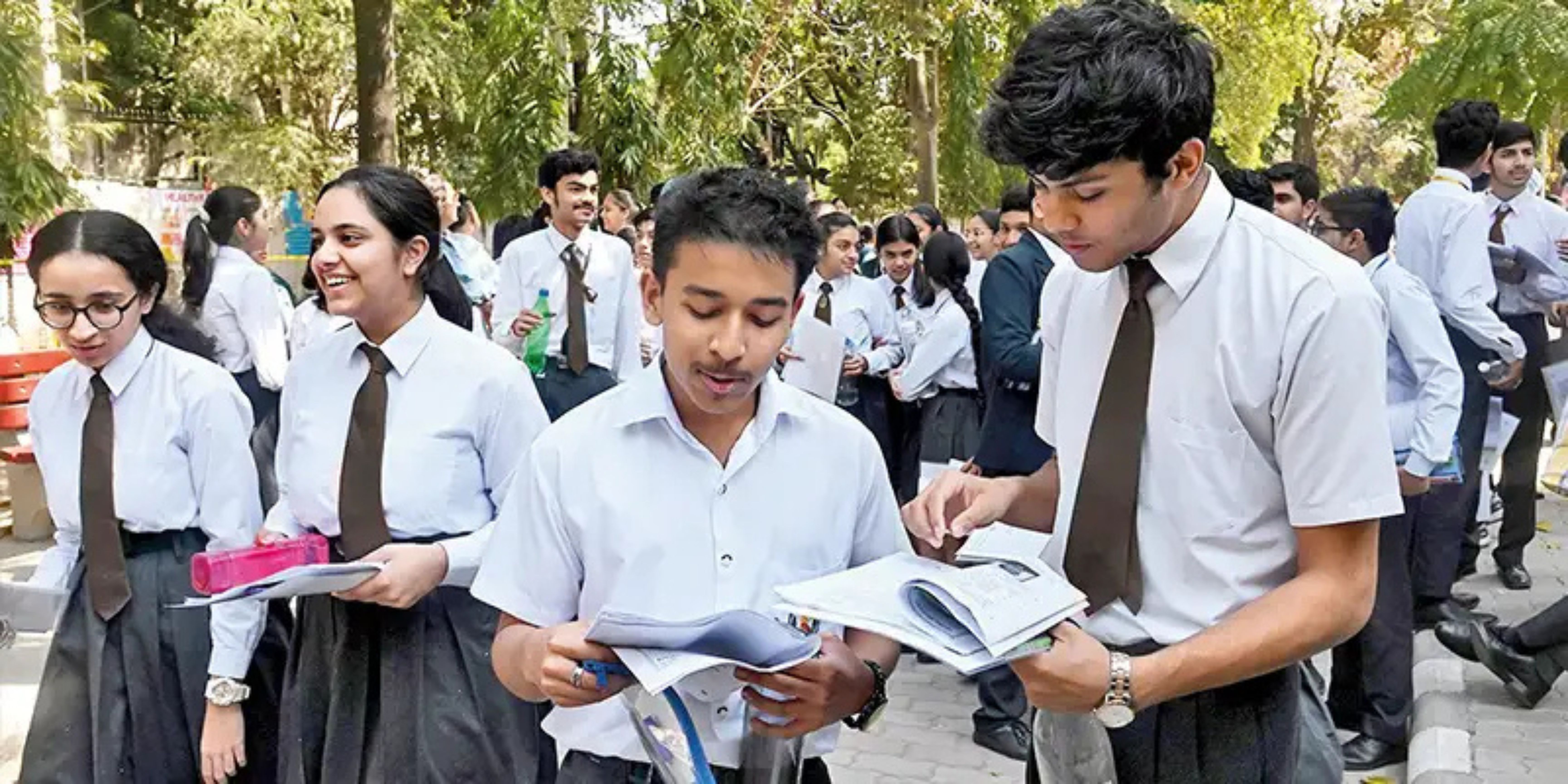
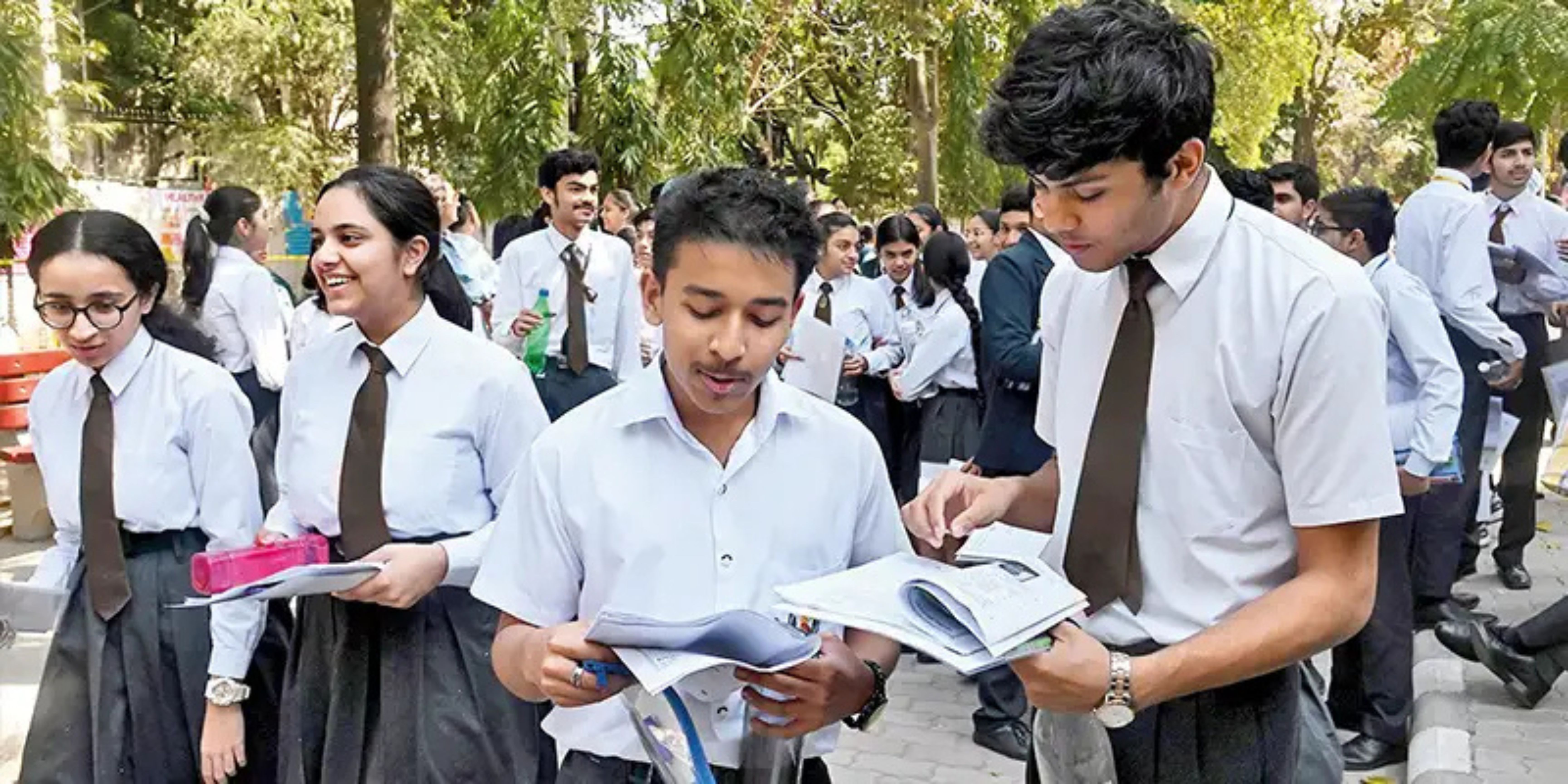



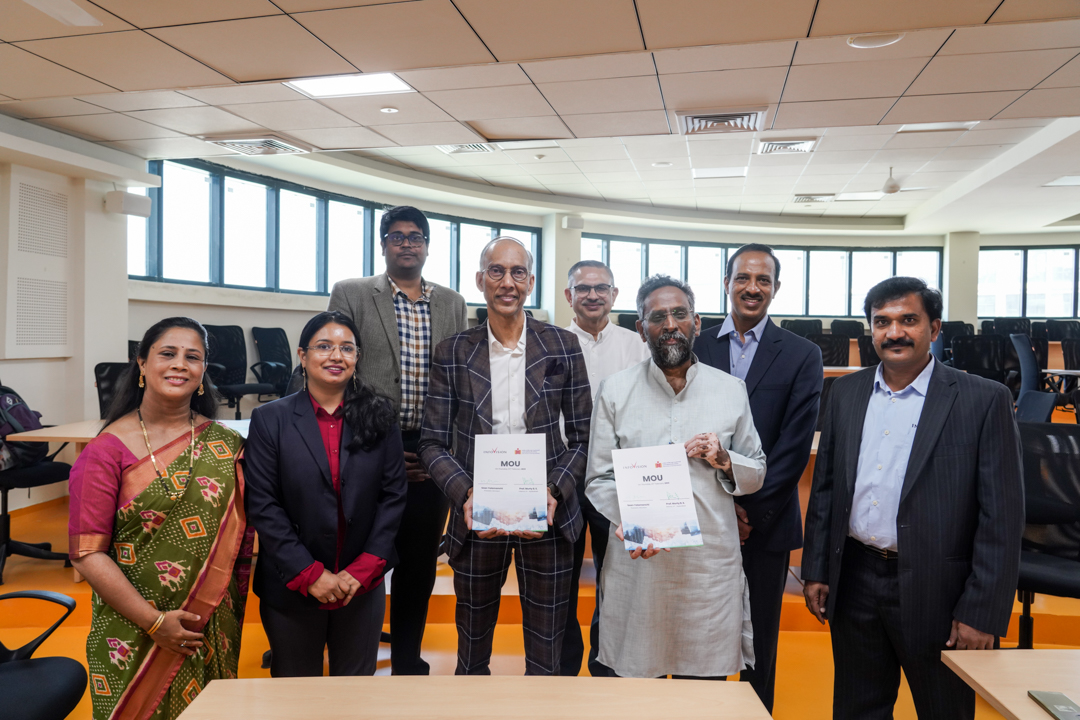
.jpeg)

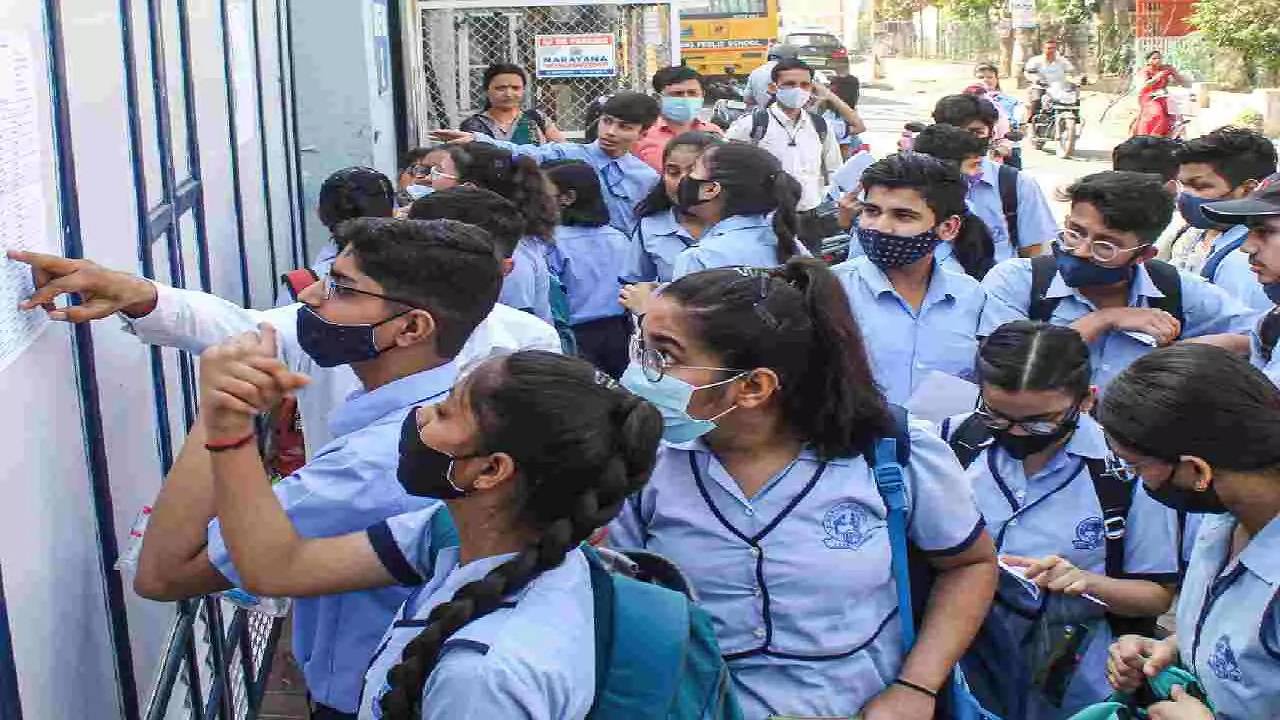


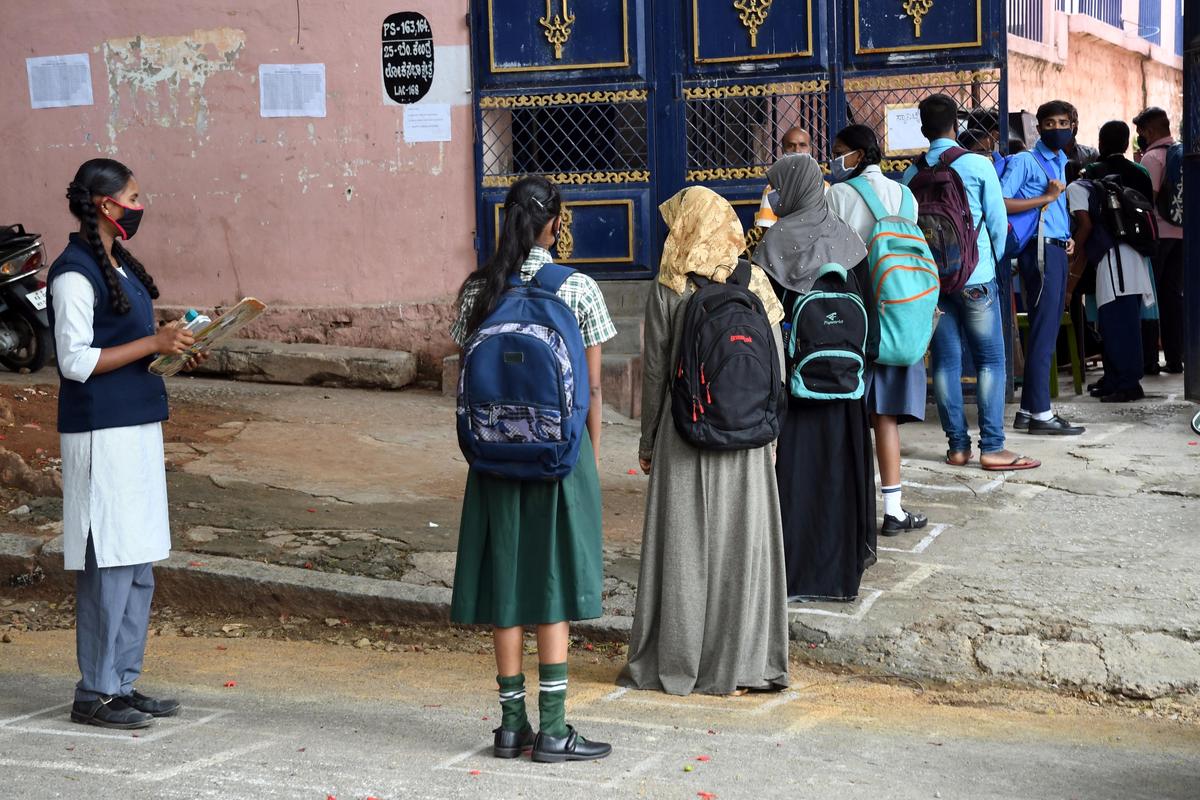

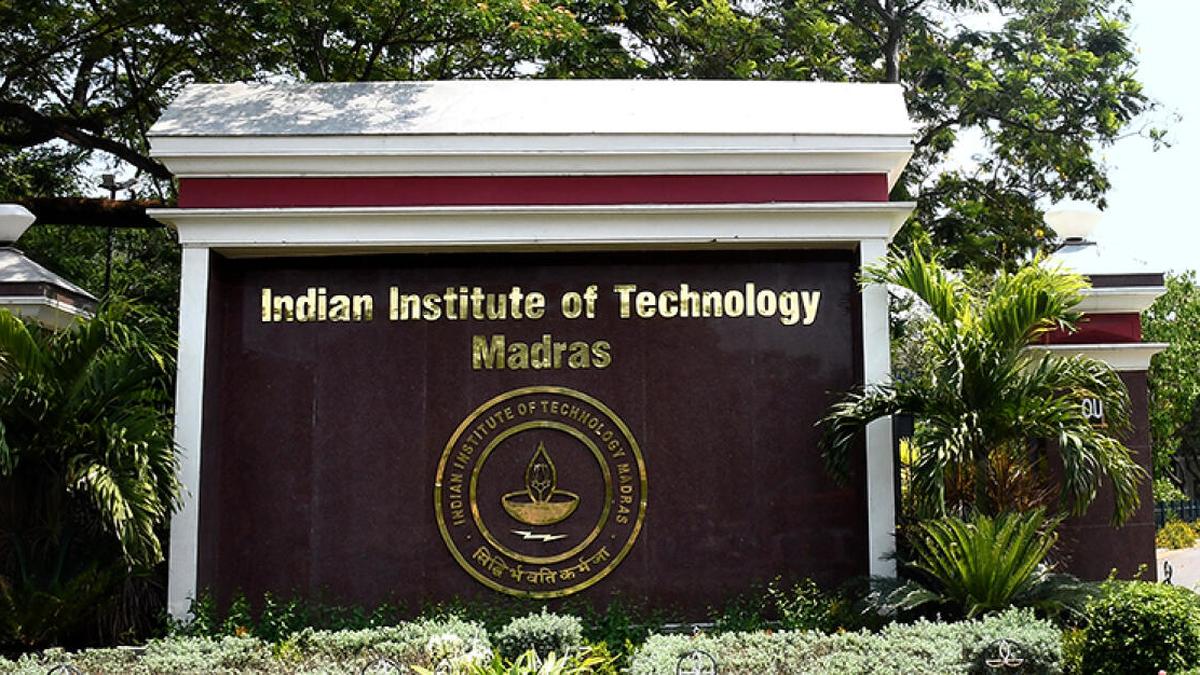



























































































.png)
 (1).png)























